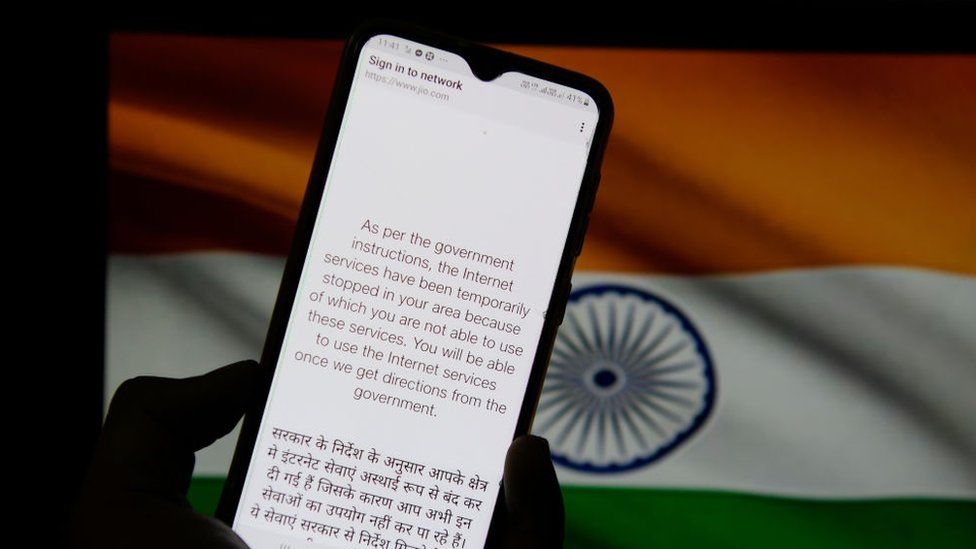Today, even those whose e-mails are on their own server, private and secure, send a copy to someone who has a Gmail account - it is Google who has that copy. A small group of companies can now learn more about everyone's lives by accessing content made available by people, even on their private accounts and direct messages, which are increasingly visible on Facebook, Instagram and Twitter. "They know everything about us, but at the same time they work in a very mysterious way and have very little proper supervision". - said Snowden. He added that if a YouTube or Gmail account has been banned, there is nothing you can do - because an ordinary user is not a Google client, and the giant has no time for an ordinary user, it only serves for advertisers.
Greenwald asked whether it was wrong to think that as long as Big Tech internet censorship and corporate regulations are directed against those who are considered to be dissidents and extremists, that is all right - and whether you only have to start opposing if censorship hits the user directly. Snowden believes that hardly anyone points out that censorship often attacks people because of who they are and what their beliefs are, not for what they actually say. Snowden thinks it is interesting that those who want to silence others for using the Internet to incite violence do not go to court at all - but turn to technology companies and put pressure on them to silence those people on their behalf.
The reason for this is that those who need to be silenced are portrayed as 'horrible people', said Snowden. But it also shows how restrictive laws are created and sold to the public when the worst possible examples are given to justify controversial actions. One example is the attempt to introduce legislation to ban encryption - then things like child pornography always appear as an argument to convince the public. "'Take this small group of the worst people in the world and use them as a wedge - if you do not allow us to make concessions X, then Y will happen'. Even in acts of terrorism, when the threat comes from a small group of people, the authorities want even more power after each attack, even though they already had a lot to stop the threat before the act took place.
With regard to censorship and freedom of expression on the Internet, the pressure groups that impose it do not want to use the legal system, but instead want 'exceptional powers'. The agencies are putting pressure on companies to operate on their own, beyond what the law says. This is effective because Big Tech companies, most of which are actually advertising companies, are worried about what advertisers think, explained Snowden, and therefore agree to impose censorship that goes beyond their legal obligations and even if they do not think it is appropriate internally.
 ipinfo.info
food for thought-maybe a useful thing to put together for forum members
ipinfo.info
food for thought-maybe a useful thing to put together for forum members ipinfo.info
ipinfo.info


 Other ref:
Other ref: